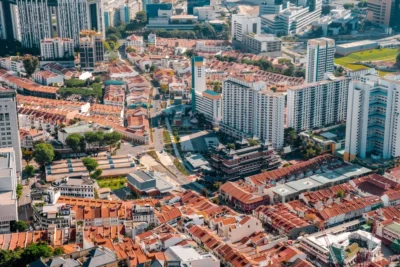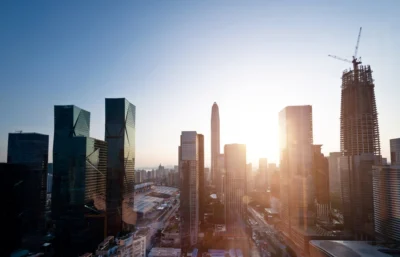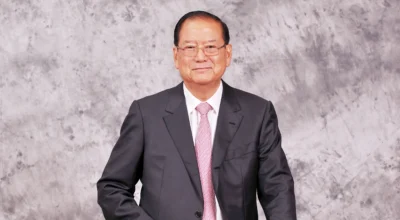Inflation in the Philippines shapes consumer behaviour
High inflation prompts cautious consumer spending while retailers deploy tactics for resurgence and growth

High inflation is impeding retail recovery as consumers become cautious about their spending, according to the Philippine Retailers Association (PRA). Chairman Paul A. Santos, as quoted by Business World, stated that rising prices are leading consumers to prioritise their expenses. Inflation, measured at 6.6 percent in April, hampers economic recovery and business improvement.
Despite increased sales post-lockdown, retailers are struggling to reach pre-pandemic levels due to inflation. To counter this, retailers are resorting to promotions and cost-cutting measures. Santos mentioned the potential for increased promotions throughout 2023 and the possibility of reducing operating hours or staff to enhance profitability.
The retail recovery is hampered by high inflation, making consumers cautious in their spending, says an industry group. Manila Bulletin noted local retailers anticipate full recovery this year due to decreasing inflation boosting consumption. PRA’s President Rosemarie B. Ong highlights easing inflation’s benefits for both consumers and retailers. In May, inflation dropped to a one-year low of 6.1 percent, supporting recovery.
Related: The post-pandemic Philippine housing situation: ‘Golden Age’ or ‘Sick Man of Asia’?
The PRA welcomed the cooling inflation, anticipating industry recovery due to sustained consumer spending despite prior high inflation. According to The Philippine Star, Ong had also stated that the improved economic trend is positive following months of high inflation.
The PRA expects a resilient rebound in the retail sector, particularly in segments like food retail and home improvement. Additionally, optimism surrounds the potential for growth in the retail industry driven by revenge travel, with the PRA recognizing outstanding retailers.
Ong credits Filipino consumers for driving retail resilience and anticipates single-digit growth. Sectors like basic commodities, food, and home improvements contribute to growth. Home renovations amid pandemic restrictions aid domestic tourism and micro, small, and medium enterprises (MSMEs). Additionally, Go Negosyo Founder Jose Ma. “Joey” Concepcion III receives recognition for supporting MSMEs during the pandemic.
The Property Report editors wrote this article. For more information, email: [email protected].
Recommended
Foreign demand recalibrates in Southeast Asia housing markets
Even amid global headwinds, Southeast Asia’s property markets hold appeal for foreign buyers
Tariffs and turmoil test Singapore homes as suburbs hold firm
Foreign levies, regional wars, and buyer fatigue are putting pressure on the city-state’s housing market
Gulf luxury markets lure global capital amid policy shift
Gulf nations are shaking off a reputation for overt bling to lead a post-pandemic luxury boom
China housing slump deepens as oversupply drags prices
Concerns remain over surplus inventory built by troubled property developers as prices continue to fall across all but a handful of major cities








